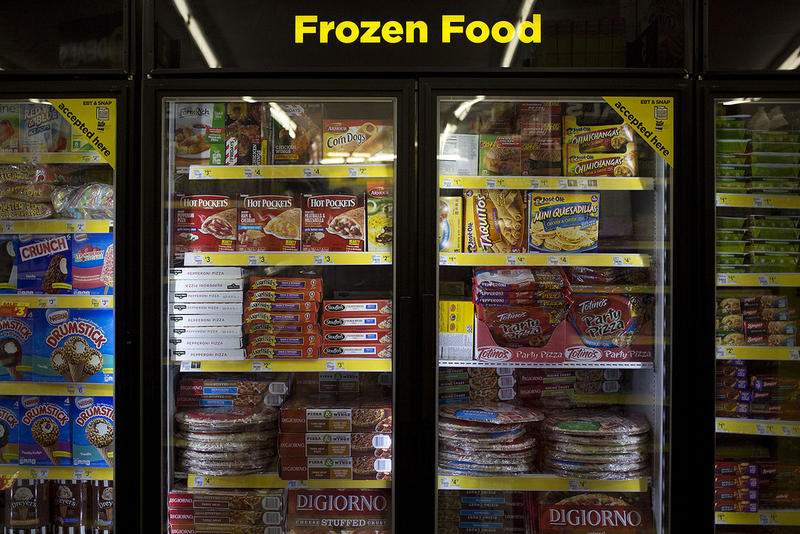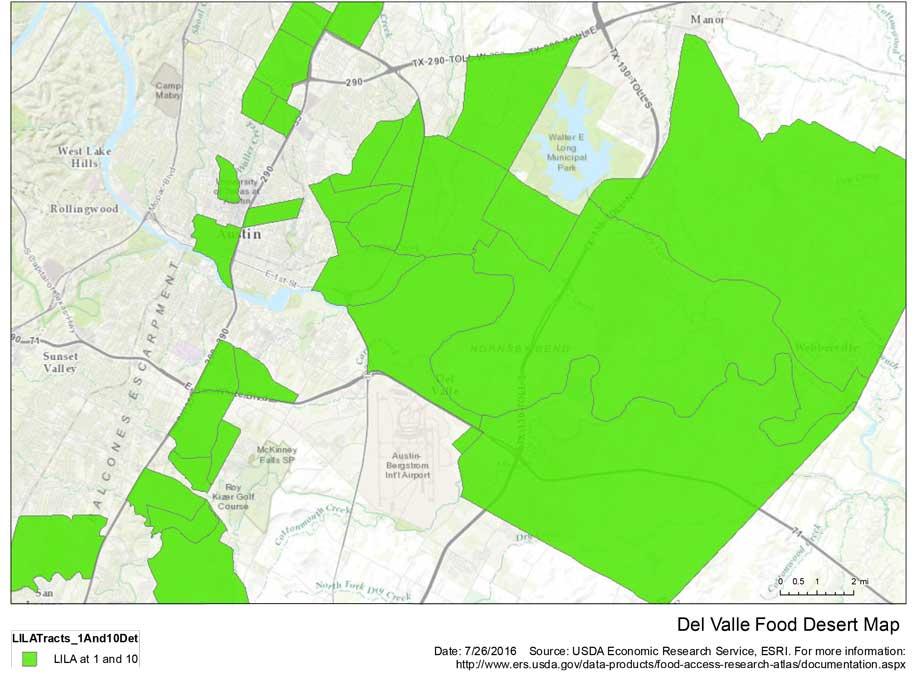Are Austin’s Sidewalks Curing Cancer? No. Preventing It? Maybe.
That question is what Austin City Council Member Delia Garza leveled at the oft-optimistic Mayor Steve Adler during the last Council meeting before members broke for the month of July.
Garza was criticizing Adler’s push for a $720 million mobility bond to be spent mostly on improving major thoroughfares in the city – streets like Guadalupe and Lamar. She said the whole thing had been pitched as a cure-all.
“I’m waiting for the ‘corridors cure cancer’ hashtag, because apparently it’s going to solve all our problems,” she said at the council meeting on June 23. “And it’s not.”
Garza was joking. There is no evidence that streets – improved or otherwise – cure cancer. But, as it turns out, a study from the Austin Transportation Department argues that improved streets could prevent it. It’s the department’s first health impact assessment.
When the department prepared to study and recommend improvements to South Lamar, it coughed up just over $19,000 to a consulting firm to look into what potential health effects the street changes could have.
“Having a sidewalk is going to make me more likely to walk on the street rather than drive,” said Abi Oluyomi, one of the researchers on the South Lamar health study. (The department is also conducting a similar investigation as part of its corridor study of Guadalupe Street.)
What the study asserts is not all that surprising. More sidewalks, bike lanes and green space encourage people to be more active and to socialize – potentially benefiting both physical and mental health.
“You build infrastructure to allow for active commuting,” said Oluyomi.
“Being physically active has been shown to improve health – overall health…that’s beyond argument right now,” said Oluyomi. “The health outcomes would basically show up in many ways, anywhere from mental health improvement to preventing – not curing, by the way – but preventing chronic diseases … including, even, some types of cancer.”
On the national level, there’s been a push for more health impact assessments to be done. The Health Impact Project is a national program that encourages policymakers to perform these types of studies.
“For transportation people, even though their mission might not be health, they have an opportunity to improve health by making some slight changes to the way they think about their plans and their policies,” said Rebecca Morley, the director of the Health Impact Project. When the project started in 2009, Morley said the organization saw 54 health impact assessments across the country – now she puts that number closer to 400.
Garza acknowledged that streets fashioned with more sidewalks and bike lanes would encourage a more active lifestyle, but she asks: Why not fund health more directly?
“Of course, accessibility, mobility, is a huge part of our challenges, and doing things to solve those will have other effects,” she said. “But we have limited [bond] capacity. For me, I would prefer ways to directly help [health].”
When council members reconvene in August, they will have a chance to set the bond in stone as they finalize the ballot language. If approved, the bond would tack on an estimated $60 a year to the average Austin homeowner’s property tax bill.


